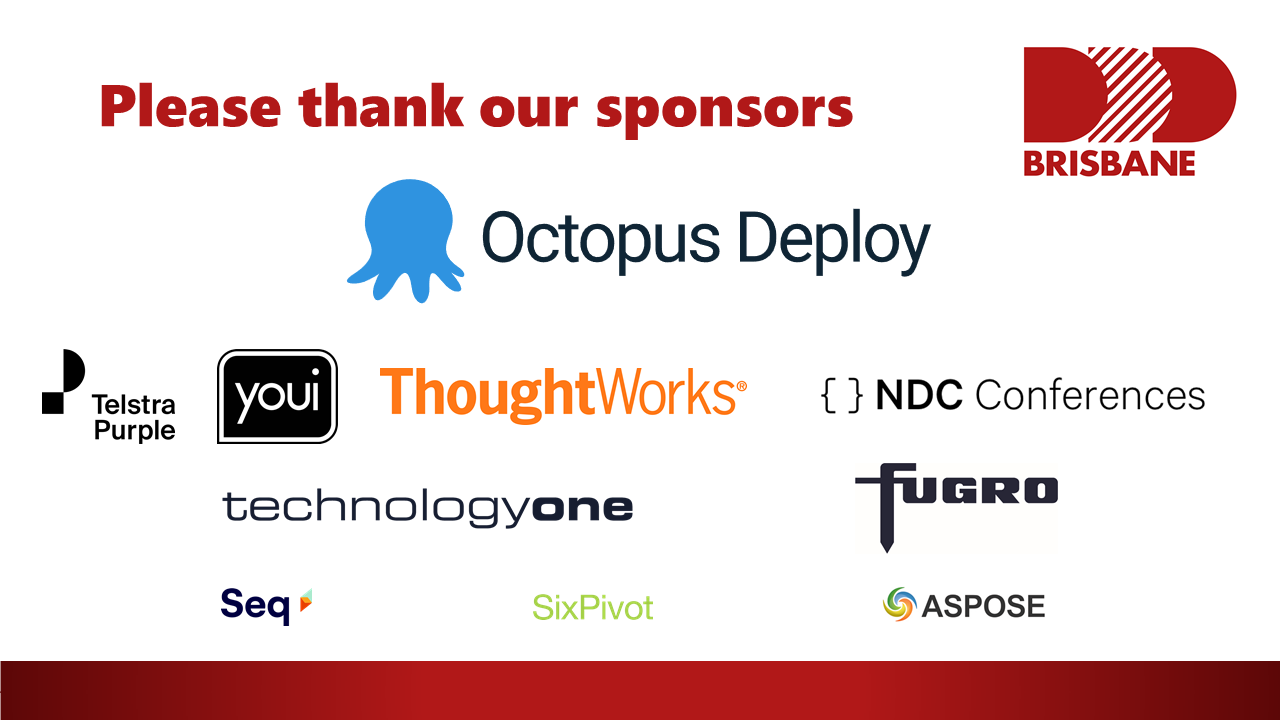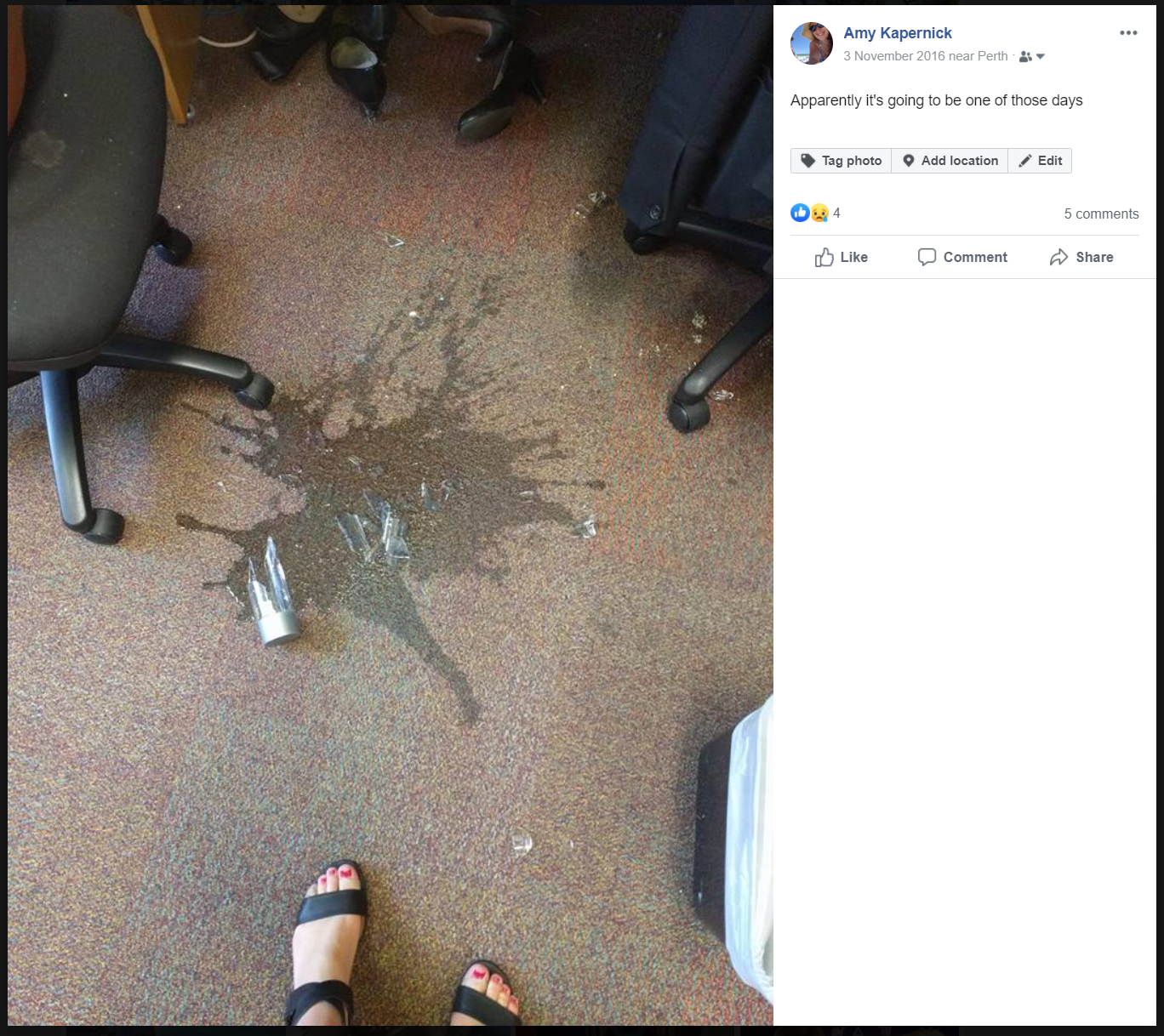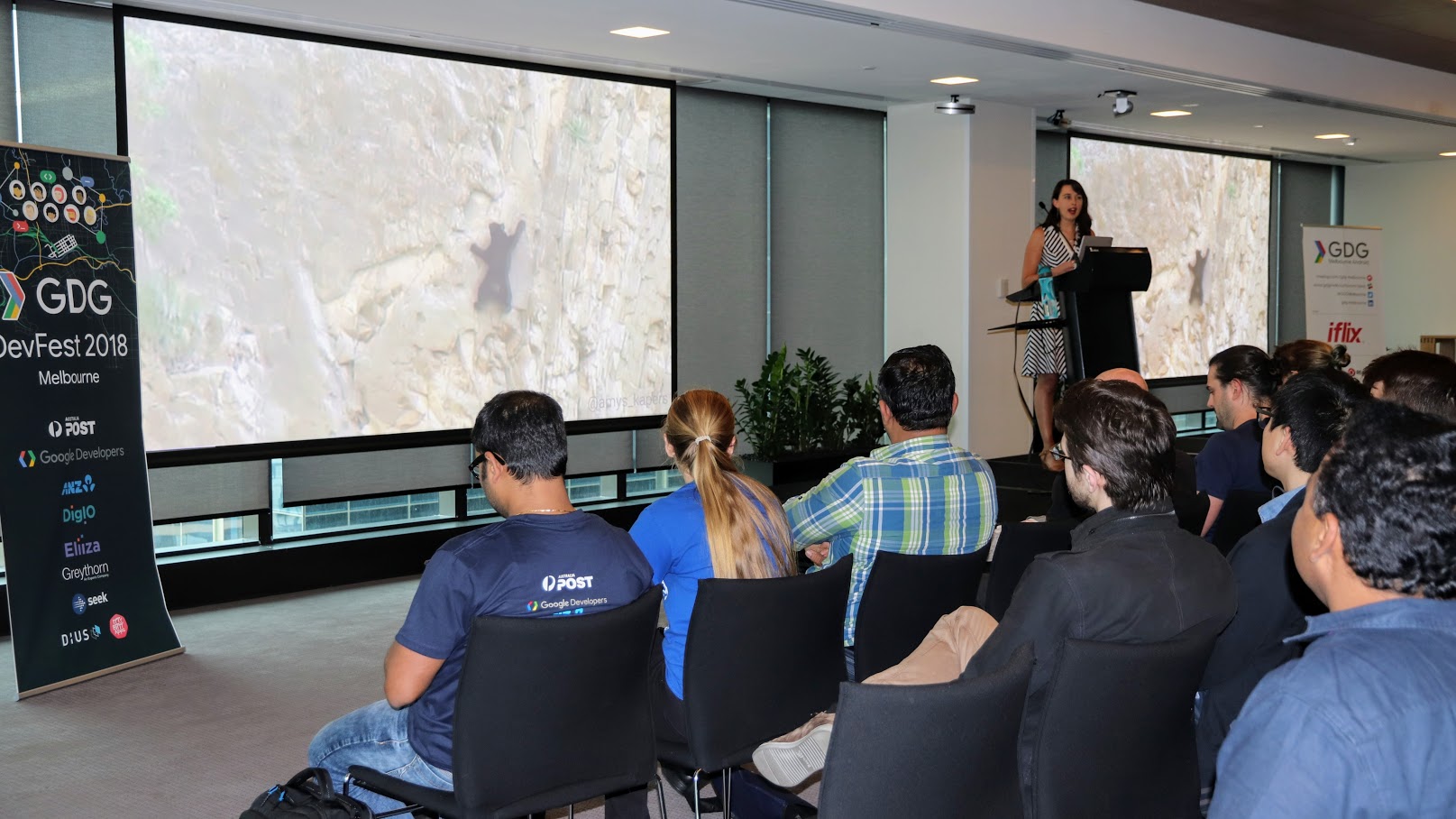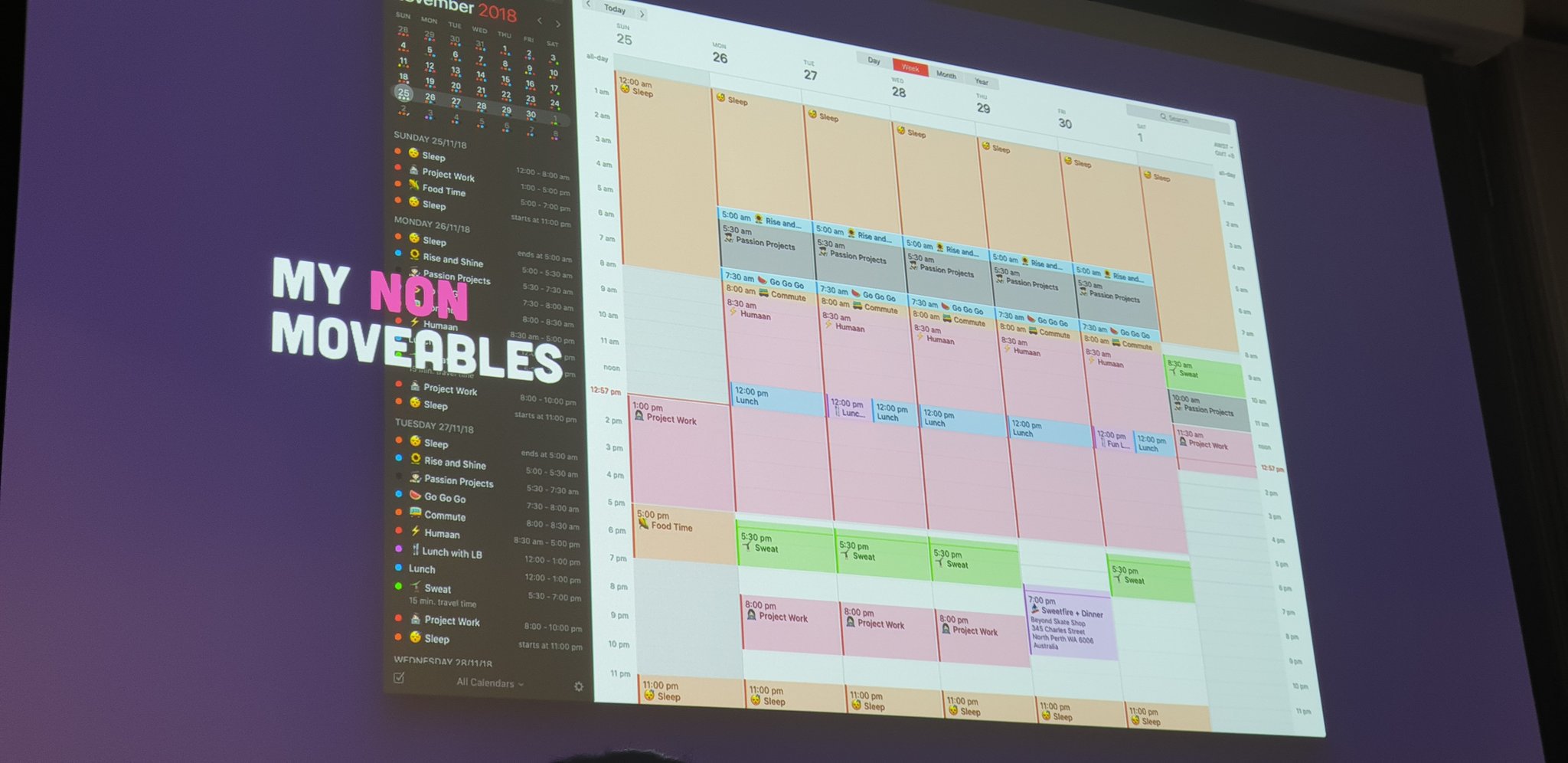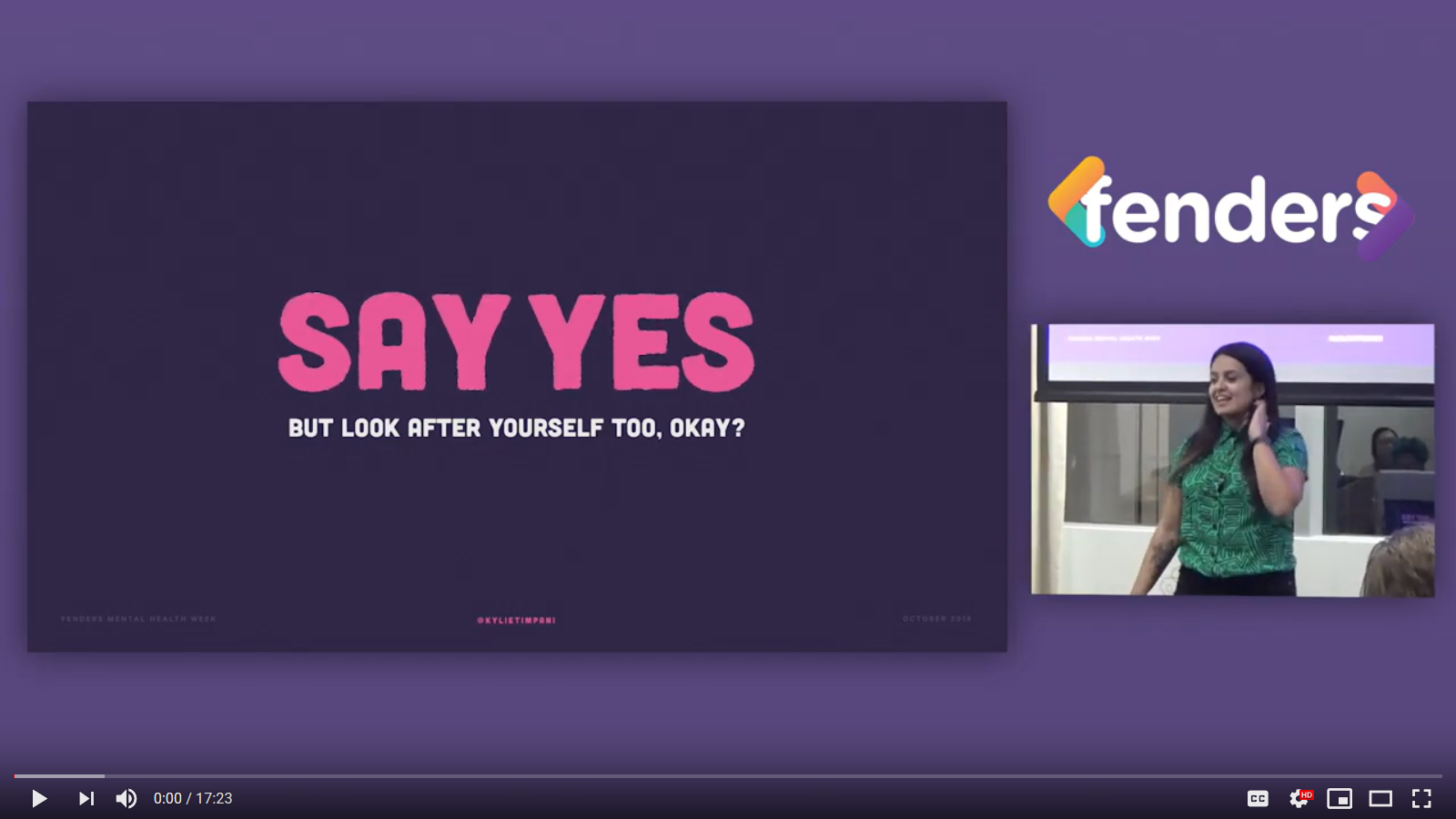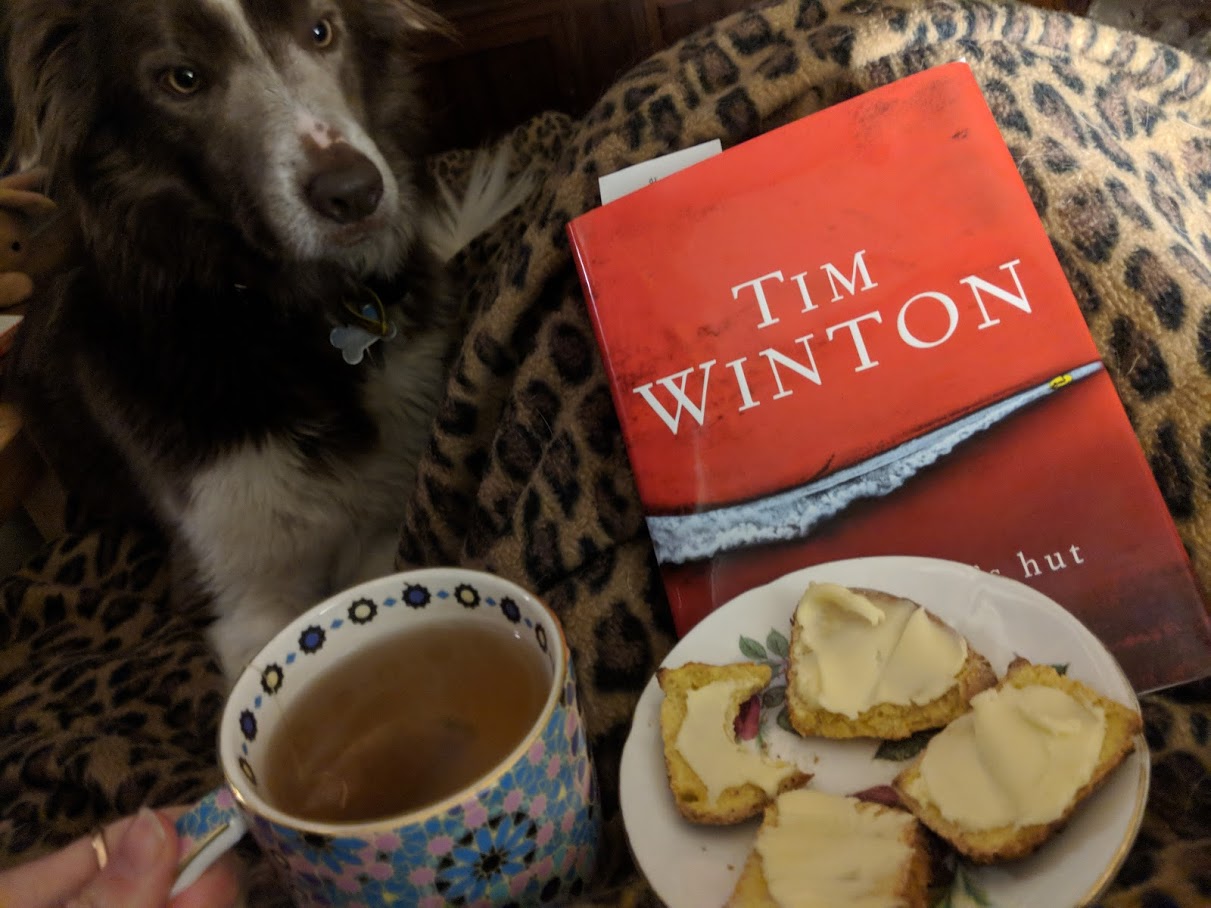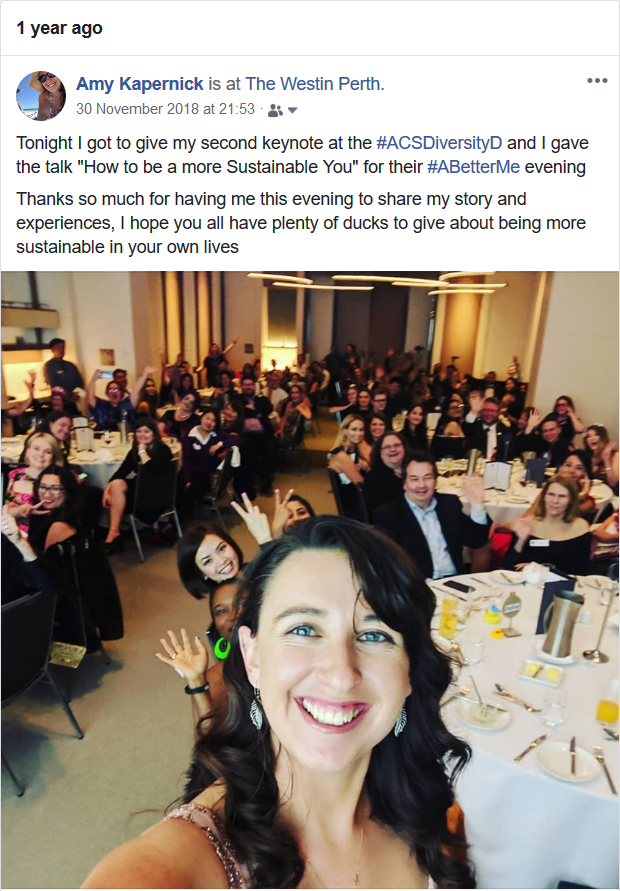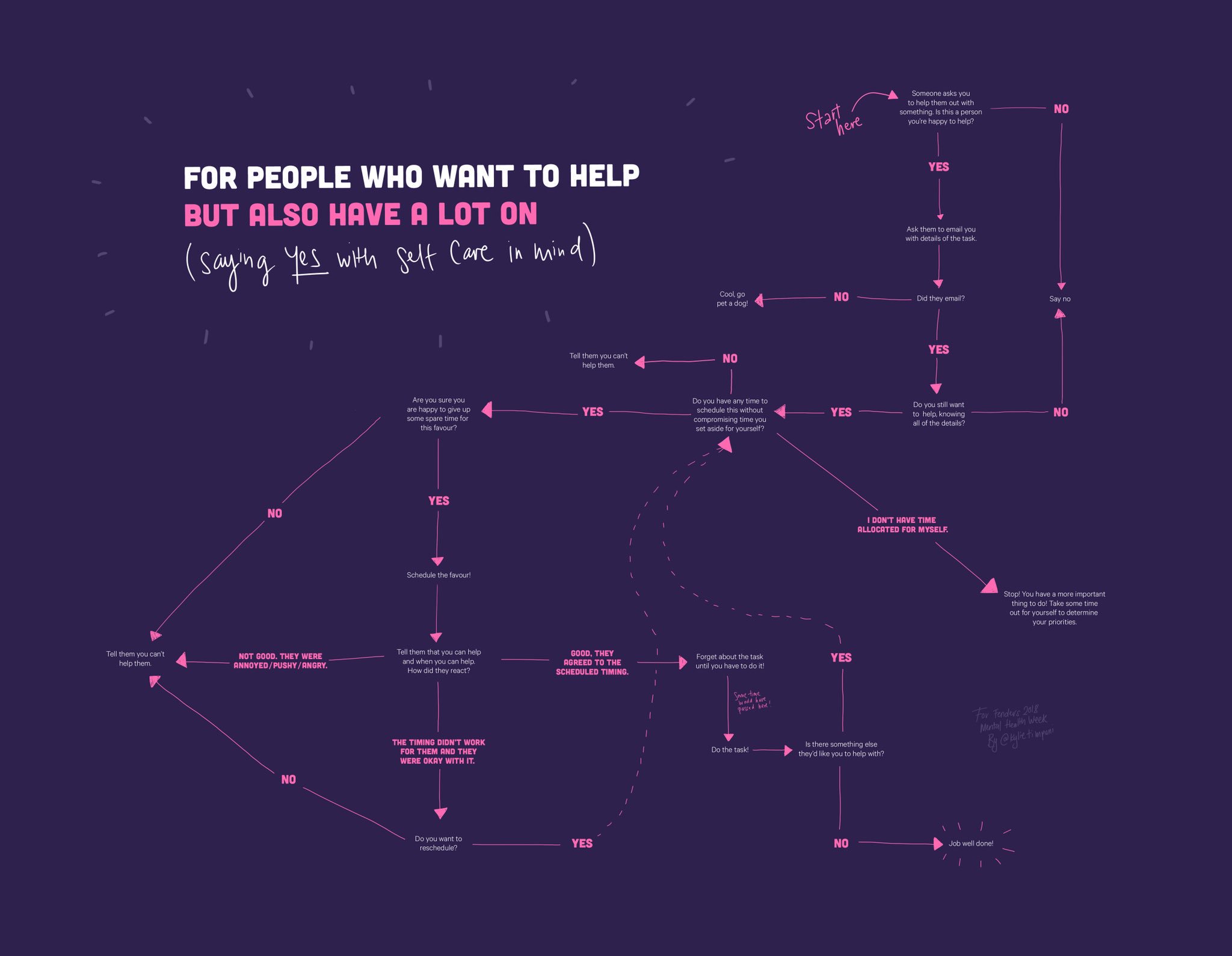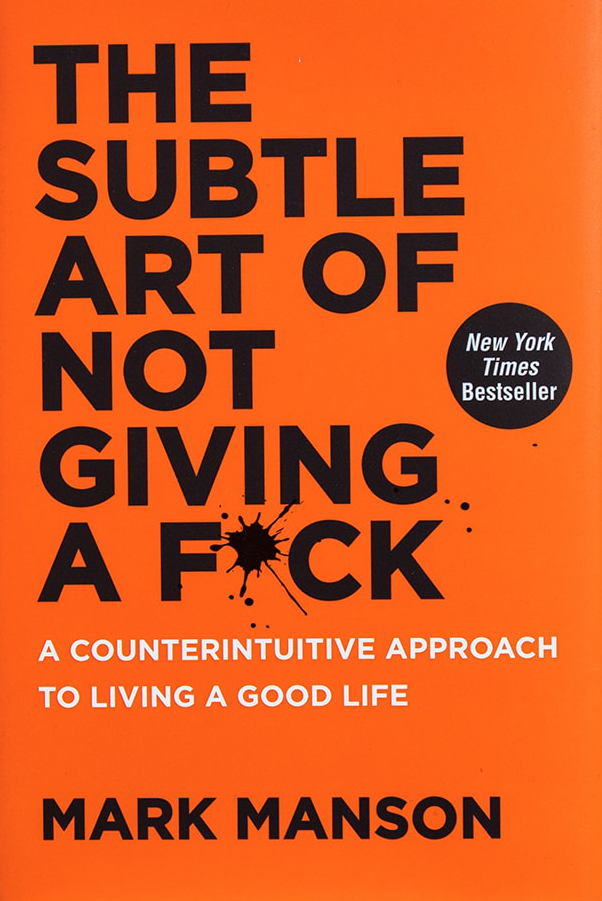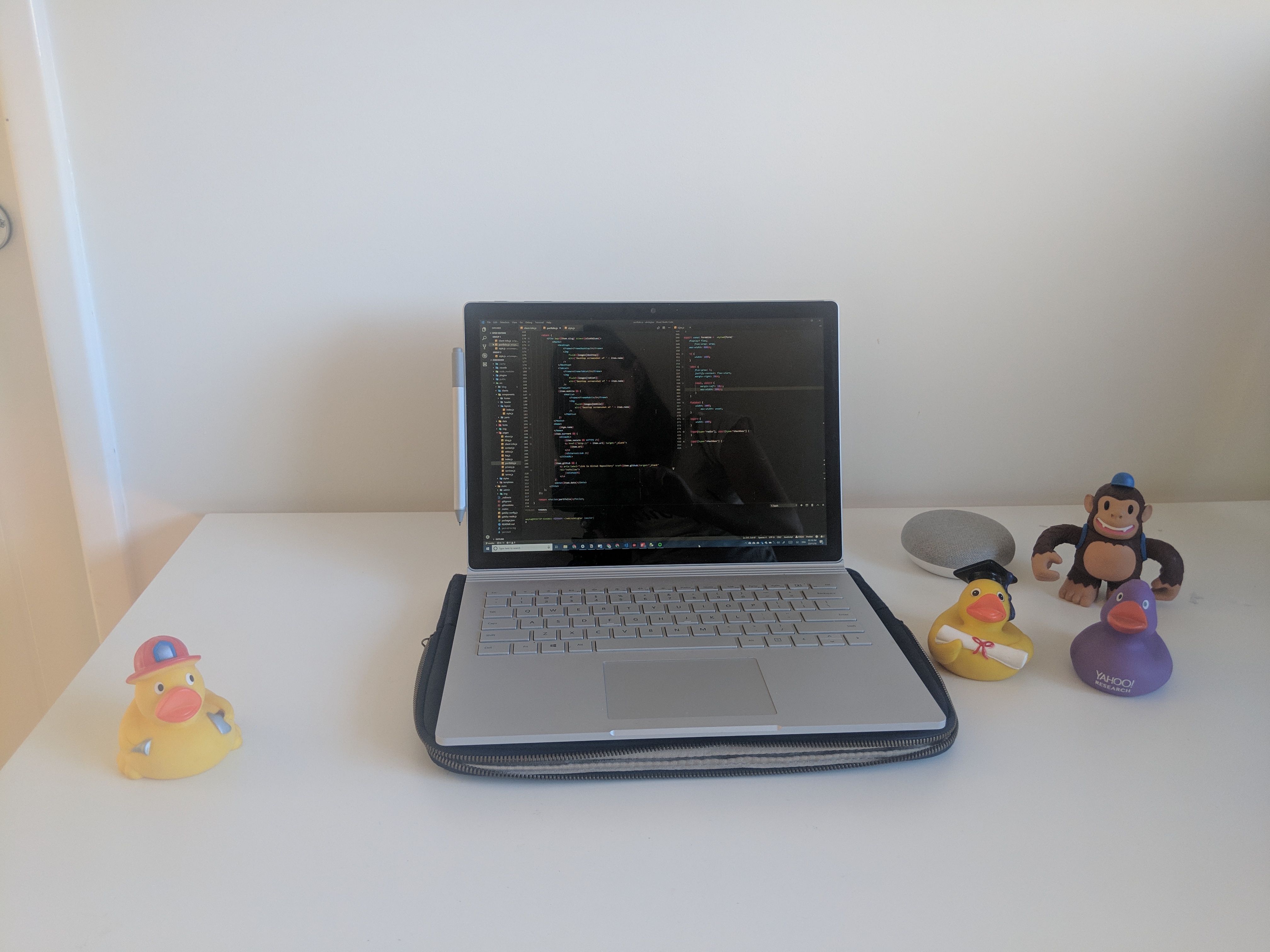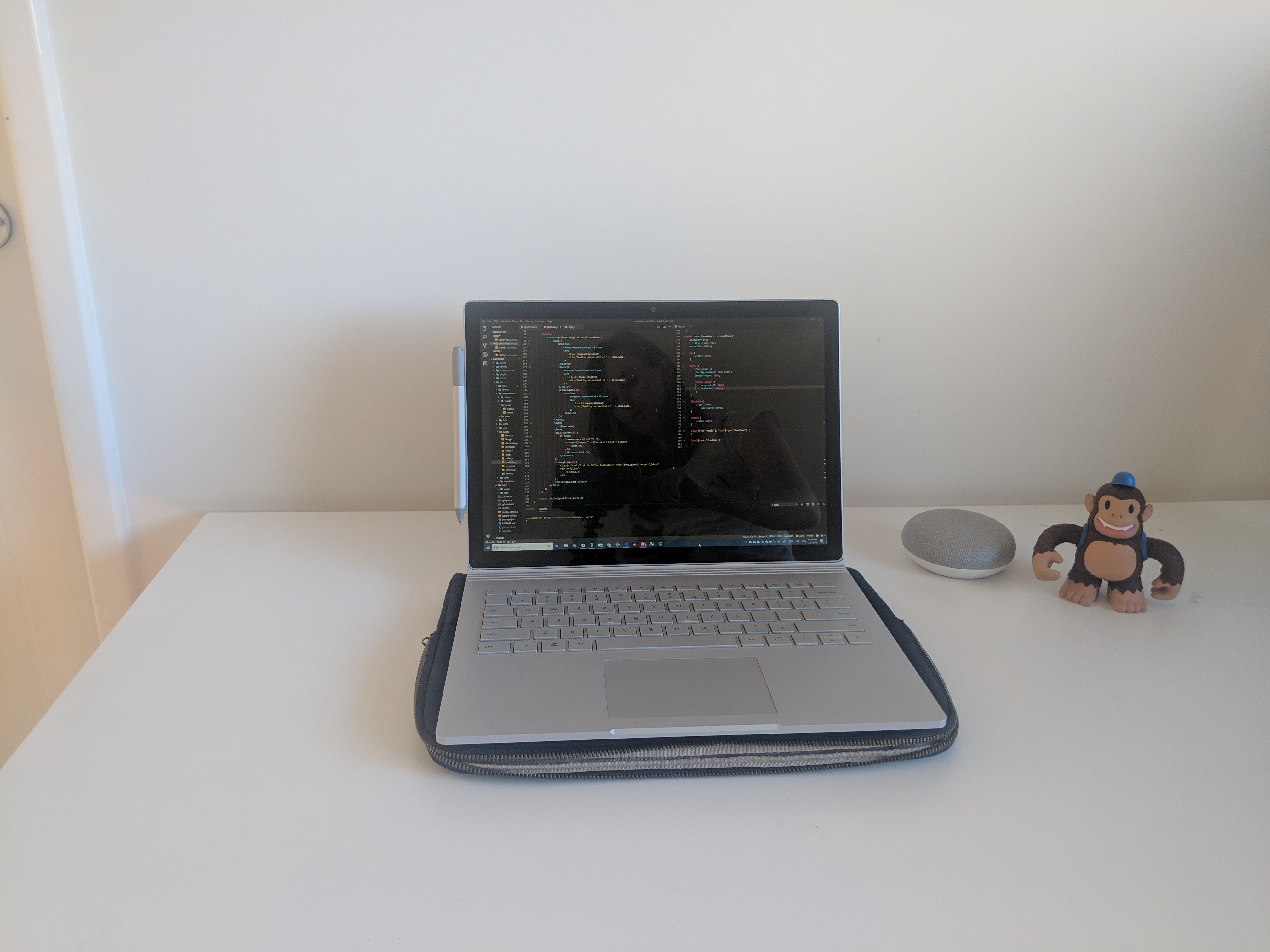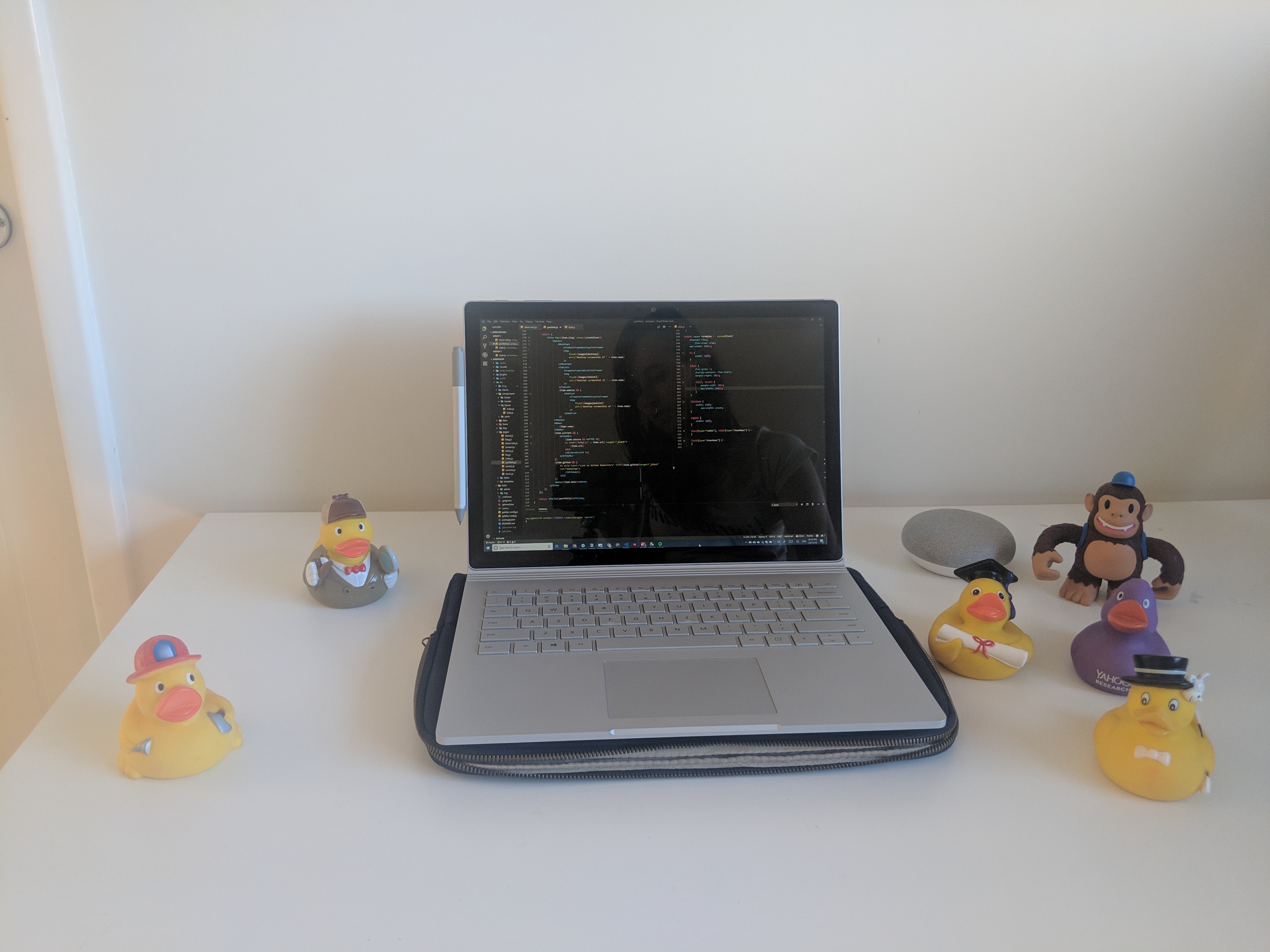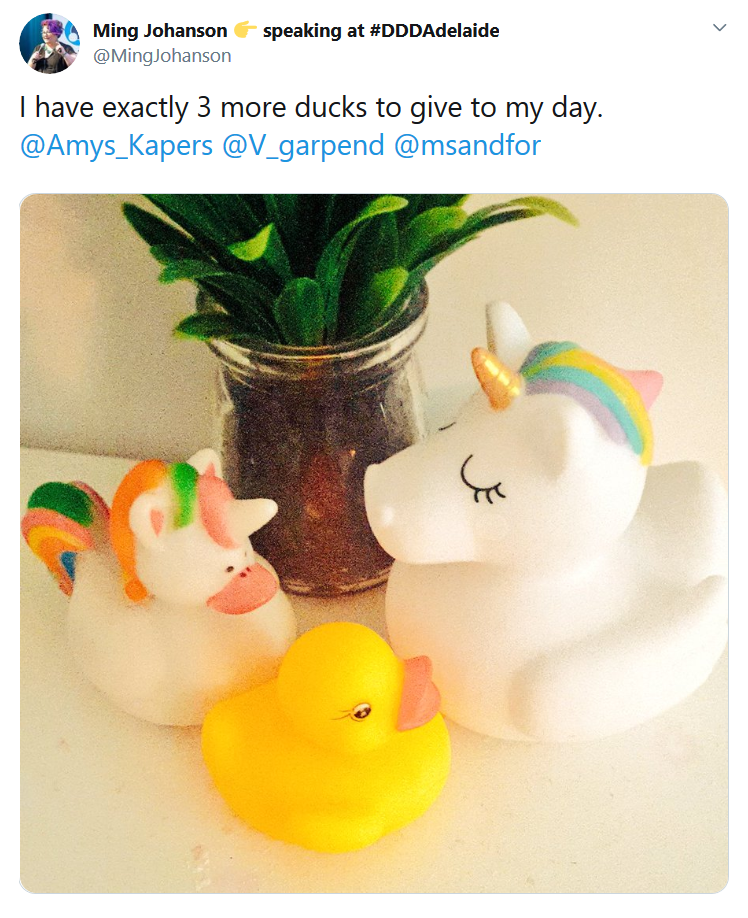How to Manage Your Ducks 🦆Being a More Sustainable You
How to Manage Your Ducks 🦆Being a More Sustainable You
How to Manage Your Ducks 🦆Being a More Sustainable You
- Everyone's been talking about how they spent the last decade
- During that time I moved to Perth
- Now working for myself
- I've learnt a lot of lessons during that time
Fulltime Job
Interviewed 50 staff
Hired 30 staff
Crashed my car
Wrote off my car
Physically Assaulted
Found a new car
6 sessions weekly
Managed 30 staff
Started degree
Planned two parties
Threw one party
Looked for houses
Threw second party in QLD
Moved House
During the space of a month around the time of my 21st birthday, I
- Started my first fulltime job
Unsurprisingly, sometime during all this, I burnt out. But because I can be a little stubborn, or as my mum likes to put
it...
Amy is hard headed
Amy's Mum
- Didn't take time out
- So Last year, working 60-70 hour weeks, volunteering and freelancings
- Been a bit of a worrier
Good Worry v Bad Worry
- Worrying about money led to apply for jobs, seek out work and cut costs
- Gave my first conference talk, and was freaking out
- Able to take my worry and use it for good not evil
- Used to get to end of weekend and not have anything done
Prioritising Me
- Saw a talk at a mental health presentation night, and one of the speakers said to take time out for ourselves
- This is something that comes up a lot
https://youtu.be/n7t2MjmA0Tc
- Conscious effort to have time for myself
- Have mouse-down time each evening to wind down away from a computer
- Not a strict rule, sometimes it doesn't happen
- Prioritising me also means prioritising time with friends
- This has become even more of a priority this year
- Since that time, I've spoken at 8 conferences (9 including today), mentored at 4 coding events, organised 4 meetups,
organised 1 conference, attended 3 conferences, had 4 overseas trips and 7 trips within Australia
Boundaries
- Always prided myself in my business that I'm always available to help
- No they sound like a psycho
- Gave them my schedule of when I was working on their work
- Read the subtle art of not giving a fuck
Subtlety #3: Whether you realize it or not, you are always choosing what to give a f*ck about.
During the first chapter, they talked about the benefits (and disadvantages) of not caring, and so that got me thinking
- about how I allocate my ducks
If you have a limited number of ducks to give om your lifetime, you need to be careful where you're spending them
So say for example you can give up to 10 ducks about a particular situation
- Say there's something you care a little bit about
- You might choose to give that decision 3 ducks
- You might give that 9 ducks
- And you just don't have any ducks to give at all
- So I started thinking about how I allocate my ducks
- While we don't get to choose everything in our life
- You could run out of ducks to give
- You may end up with a lot of ducks and nothing important to give them to
Sustainability
avoidance of the depletion of natural resources in order to maintain an ecological balance
- We talk a lot about sustainability in terms of our planet
- Next time you're worrying, ask yourself if it's useful?
